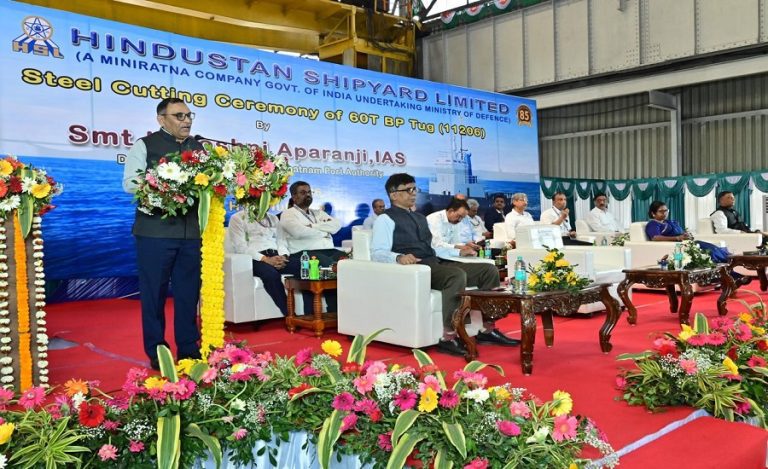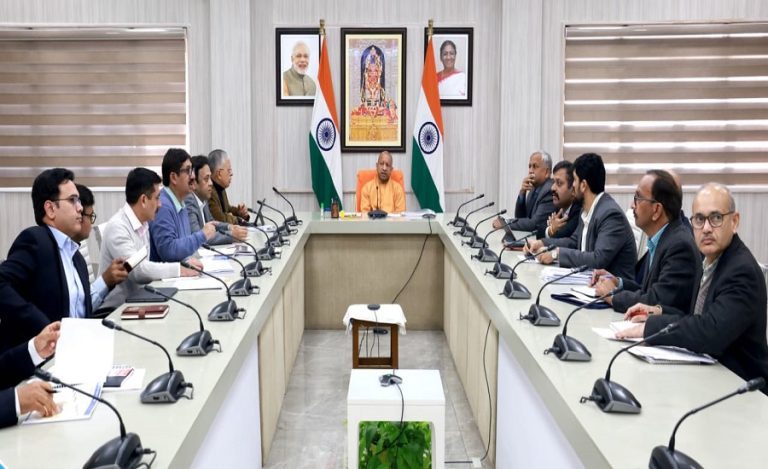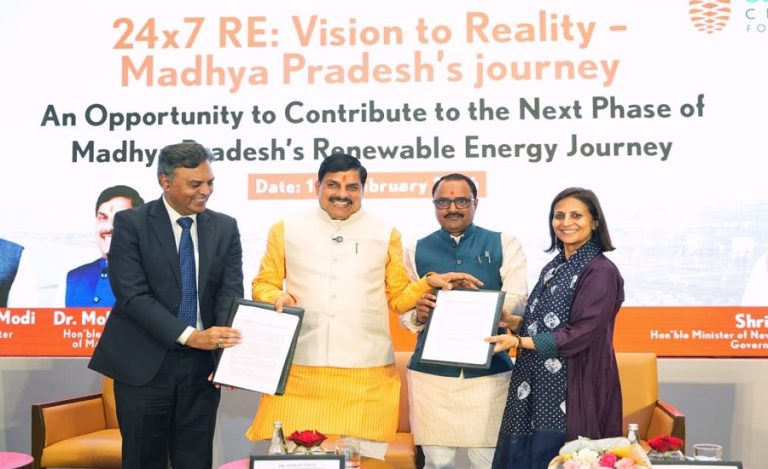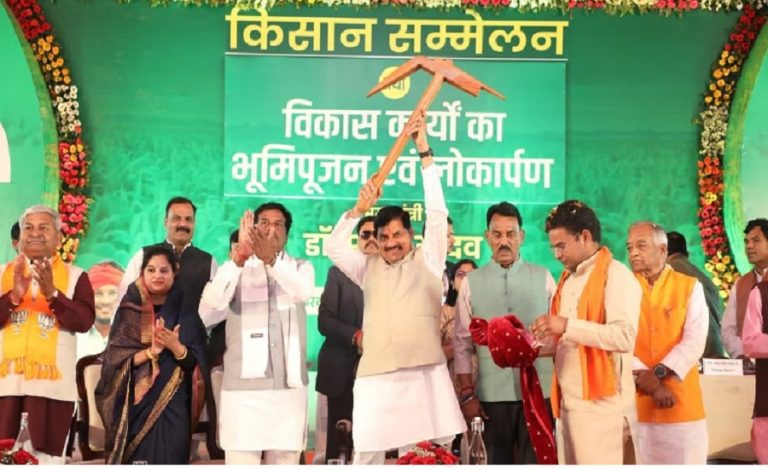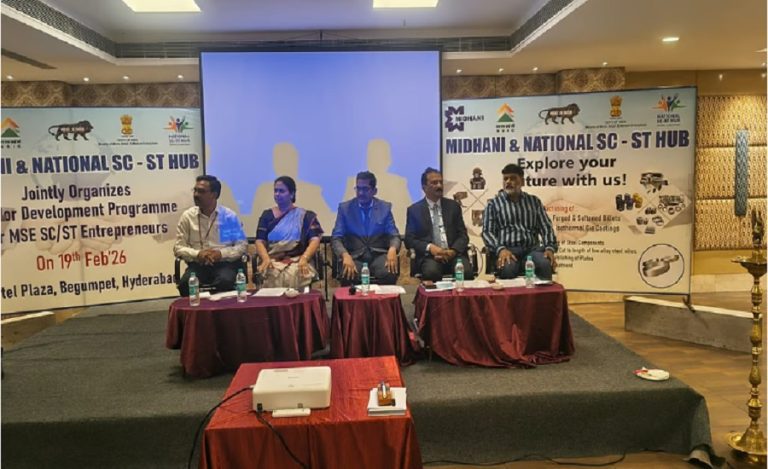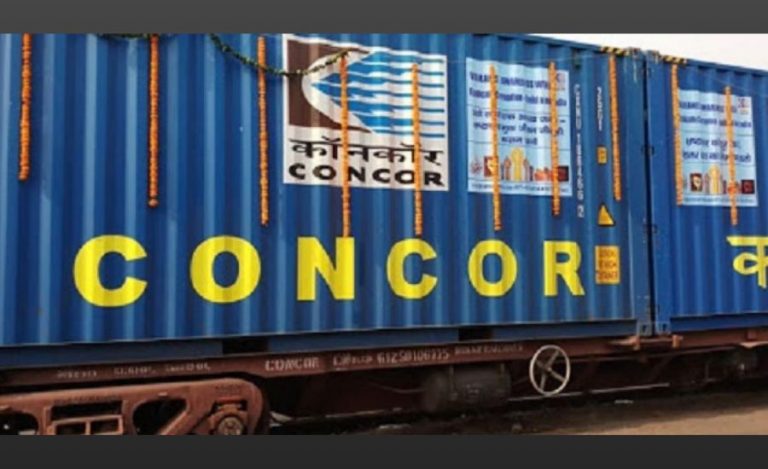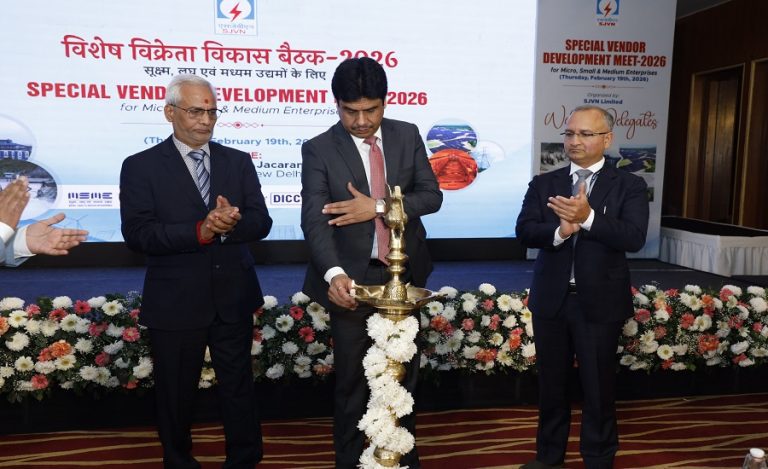In a transformative move, the Chhattisgarh government’s ‘Niyad Nellanar’ (Your Good Village) scheme is rewriting the development story of Bastar—a region once synonymous with insurgency and underdevelopment. Launched on February 15, 2024, under the leadership of Chief Minister Mr. Vishnu Deo Sai, the scheme aims to ensure sensitive, people-centric, and active governance in areas historically deprived of even basic amenities.
Also Read: 67 Naxalites Surrender in Bastar: CM Vishnu Deo Sai Declares ‘New Dawn of Development’
Reaching the Unreached: A 10-km Development Model
Initially targeting villages within a 5-km radius of security camps, the scheme has now expanded to a 10-km radius, integrating 327 villages from five Naxal-hit districts—Sukma, Bijapur, Narayanpur, Dantewada, and Kanker. These villages are being brought under the ambit of 52 welfare schemes from 17 departments, along with 31 community facilities.
According to officials, this marks a holistic shift from security-first to governance-first, ensuring that development walks hand in hand with peacebuilding.
Visible Changes in Education, Healthcare, and Infrastructure
Under the scheme, 31 new primary schools have been sanctioned, with 13 already functional, and 185 Anganwadi centres approved, 107 of which are operational. In healthcare, 20 new sub-health centres were sanctioned and 16 have already begun functioning—a stark contrast to a time when villagers had to walk for miles through dense forests for basic medical help.
Connectivity has also improved: 43 of 119 planned mobile towers are now operational, 92 villages are illuminated with high-mast lights, and 26 out of 173 road and bridge projects have been completed, with 116 sanctioned.
Empowering Citizens Through Services and Identity
Massive strides have been made in social and economic empowerment. Over 70,000 Aadhaar cards have been issued, 46,000 senior citizens now have age certificates, and 11,133 new voters have been added to the rolls. In addition, Ayushman Bharat health cards have been distributed to 46,172 residents, offering access to cashless medical care.
Under PM Awas Yojana, 5,984 families have received housing approvals, and 4,677 farmers benefited from Kisan Samman Nidhi assistance. The Swachh Bharat Mission has led to the construction of 6,460 household toilets, while 18,983 women received LPG connections under the Ujjwala and Gau-Gas schemes. 30 villages have even been connected via DTH services, integrating them into the national information ecosystem.
Community-Led Monitoring for Transparent Governance
The scheme goes beyond top-down delivery. Villagers now actively monitor anganwadi attendance, ration distribution, and implementation of welfare schemes, fostering a culture of accountability and participation. This community-led governance model is building trust between citizens and the state.
Bastar: From Conflict Zone to Development Model
As the government establishes 54 new security camps in the region, the approach is no longer just about security, but about comprehensive state presence and inclusive growth. Bastar, once seen only through the lens of Naxal conflict, is now emerging as a symbol of resilience and renewal.
Officials affirm that ‘Niyad Nellanar’ is not just a scheme—it is a social contract, built on trust, transparency, and tangible impact, redefining governance in one of India’s most challenging regions.


